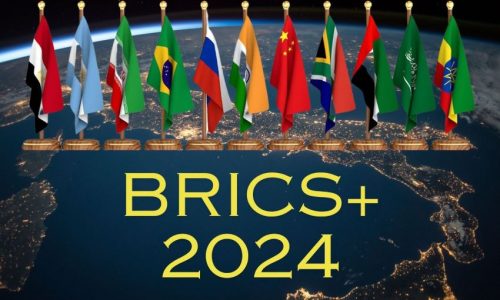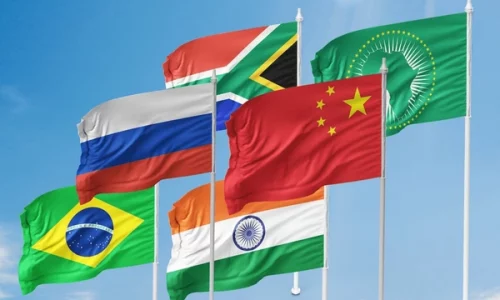Indonesia and the UK has agreed on a carbon pricing partnership through the Partnering for Accelerated Climate Transition (UK PACT) program.
UK Partnering for Accelerated Climate Transitions (UK PACT) is a program funded by the UK Government. The program supports countries that strive to overcome barriers to clean growth and have high emissions reduction potential to accelerate their climate change mitigation efforts.
The Indonesian government through the Coordinating Ministry for Maritime Affairs and Investment (Kemenkomarves) agreed on climate mitigation and signed the agreement on July 24, 2023.
This agreement supports the implementation of Presidential Regulation Number 98 of 2021 concerning the implementation of carbon pricing and supports the performance of the Fiscal Policy Agency and the Directorate General of Taxes of the Ministry of Finance.
Luhut Binsar Pandjaitan, the Coordinating Minister for Maritime Affairs and Investment (Menkomarves), said that carbon pricing will be an important instrument as well as a climate change mitigation strategy to maintain a global temperature increase of 1.5 degrees Celsius.
“This activity is a follow-up to the COP26 and G20 climate pacts in Bali,” he said.
Carbon policies can also be implemented through various schemes, such as carbon trading, carbon offsets, or carbon taxes.
Luhut said that other countries have adopted and implemented carbon pricing to encourage a sustainable and low-emission energy transition.
Indonesia’s pursuit of carbon tax
Bloomberg New Energy Finance (BNEF) in the Climate Policy Factbook COP 27 Edition report said that Europe and Canada are the leaders of the G20 in terms of strong carbon policies. The carbon prices they set are quite appropriate, even above the level needed to limit global warming to 2 degrees Celsius.
Currently, the government has started the basis for setting carbon prices by imposing a Presidential Regulation on the Economic Value of Carbon.
This regulation was then followed by the steps taken by the Ministry of Energy and Mineral Resources by issuing a Ministerial Regulation concerning the Governance of Carbon Economic Value in the Power Generation Sub-Sector.
Going forward, the government plans to launch carbon trading in September 2023, which is an effort to increase the use of renewable energy and achieve net-zero emissions by 2060.
Through this policy, Indonesia will pursue a target of cutting emissions by more than 30% by 2030.
The World Bank said that the ideal price for carbon to prevent global warming would be around US$ 40-80 per metric ton of CO2 in 2020, then increase to around US$ 50-100 per metric ton in 2030.
The World Bank explained the price of carbon gives an economic signal to emitters. They can decide to reduce emissions, or continue to emit and pay the price. This policy can help drive financial investment for clean technology, market innovation, and encourage new economic growth that is low in carbon emissions.








